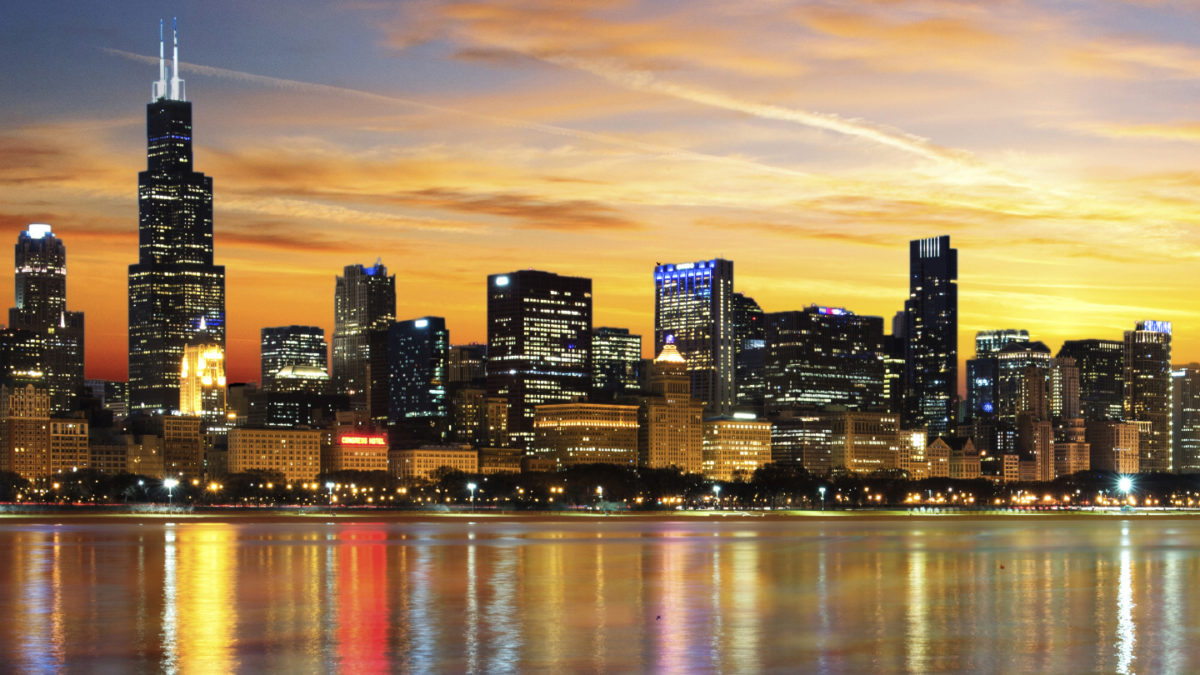Wherever two or three share a life together, there is a culture. Culture is an inexorable part of our human experience. Having been created as the image of a God who shares life eternally as Father, Son, and Spirit, man exists in relationships and, therefore, culture. We are not merely individual masses of flesh that happen to bump into one another. We come together and form a body that takes the forms of families, cities, states, and nations. These cultures, at whatever level, are places where we share a common language, law, morals, mores, story, symbols, and many other things. The longer we live together, our relationships are cultivated, growing and taking different, and sometimes, more formal forms. For instance, as a family grows into families, a village or city is formed that will seek to maintain the culture and pass it on to the next generation. Officials are put in place to make sure that the laws that govern the culture are enforced so that the culture doesn’t lose its fundamental identity.
The history of man is a history of cultures, good and bad. As man fulfills his image-bearing mission to be fruitful and multiply, cultures are formed. This was God’s intention. Man as individual-and-community is to share in the culture of the Divine Society. God’s own relationships, his culture, was to be the culture of the earth.
When sin entered the world, the image of God was perverted but not lost. Man still exists in relationships and, therefore, cultures, but these relationships would not reflect the Divine Society the way they ought. Nevertheless, man goes about to build cultures. Cain has a son and builds a city (Ge 4.17). That culture grows in its wickedness, attracts even the righteous of the time, and then must be destroyed in a flood (Ge 6–9). The city-culture building project begins again with Noah and his sons. Ham follows the sin of Cain, and that sin grows up into the building of a city and a tower being built on the plains of Shinar: the Tower of Babel (Ge 11.1ff.). God will not abide this rebellion and tears apart the culture by confusing their languages.
From the rubble of rebellion, God calls out Abraham who looks for a city-culture whose builder and maker is God (Heb 11.14). God promises him that families and nations will be blessed through him. That is, these cultures will have the life of the Spirit breathed into them so that they will reflect the image of God. This promise is fulfilled in Christ Jesus and the pouring out of his Spirit. He is the seed of Abraham through whom all the nations are blessed. He builds the city-culture of God.
In the midst of all the nations, Jesus has formed a holy nation (1Pt 2.9): the church. We are a culture among cultures, a city in cities, colonies within the empire of Christ Jesus. We have our language–the Scriptures, the gospel–symbols, laws, mores, calendar, story, and other things. We share life together in Christ. The church is not just a random group of individuals who meet together who are only concerned about the spiritual health of their individual souls. The church is not a “supplement” to the Christian’s life apart from which he could still be a Christian and find expression for “spirituality” somewhere else. The church is the culture that God intended from the beginning. It is a new humanity, the renewed image of God. As such the church is God’s saving intention for man. The church, because it is the body of Christ enlivened by the Spirit, is our life. In the church is where we share life with the Father, in the Son, and by the Spirit.
The church is a culture that stands apart from yet within the cultures of this world. We are the living mission of God to the world in our life together, witnessing to the world how God intends life to be ordered in all of our relationships. As such, we are a counter-culture, standing in contrast to the world’s cultures in rebellion against God. However, we are for the world; displaying before the world true life and inviting the world to share in the life with us. As we live the way we ought, we are the transformers of cultures. As leaven to dough, so the city of God is to be with the cities of man: transforming them until the whole lump of dough is leavened. We live as the church to see man’s relationships to God, with one another, and with the non-human creation to be what God intended them to be. We exist as the church to disciple the nations.
This is who we are. But the question is, What does the world see when it looks at the life of the church? Do they see people who genuinely share life together, who love one another, serve one another, live at peace with one another, and stand against wickedness in our midst? Or do they see the world’s culture in rebellion against God merely with a Christian sign over the place we meet? For us to be the culture that we are, God’s renewed humanity, each of us as individuals must be committed to this culture-building, participating fully in the life of the church. We must be committed to building and maintaining the culture by building and maintaining the relationships that truly reflect the image of God. We, the church, must be the city-culture that God has re-created us in Christ Jesus and by his Spirit to be.

















Excellent!
Thanks.